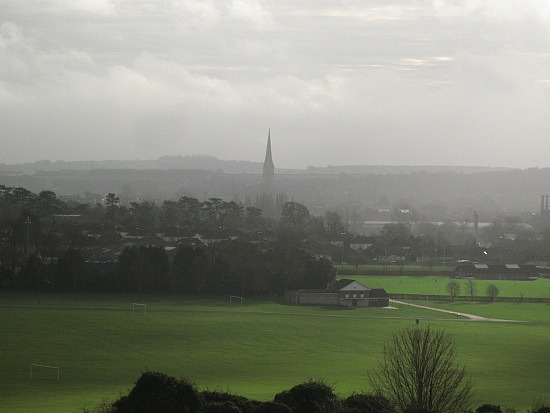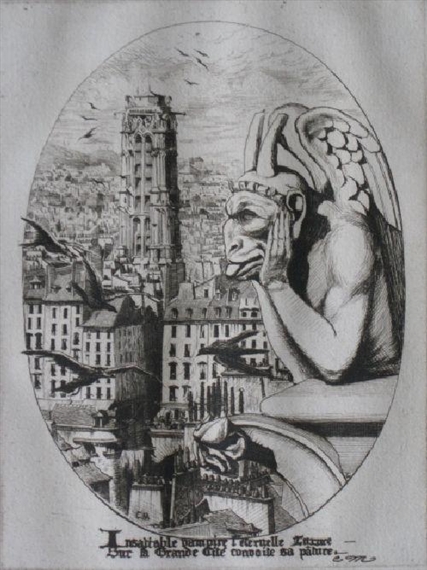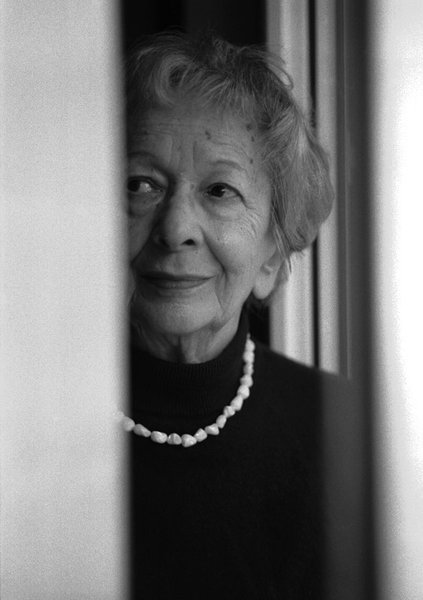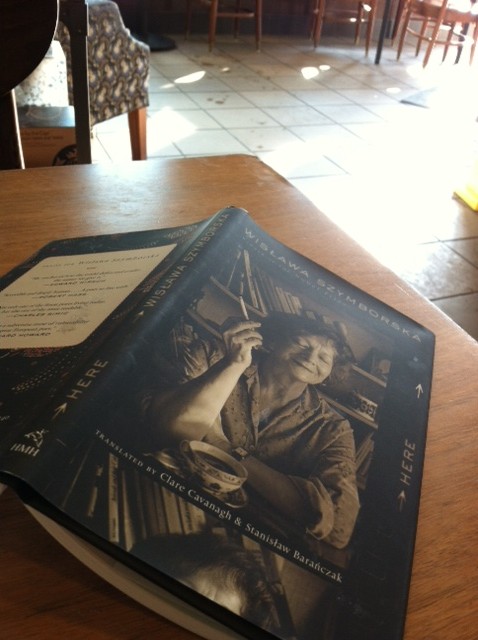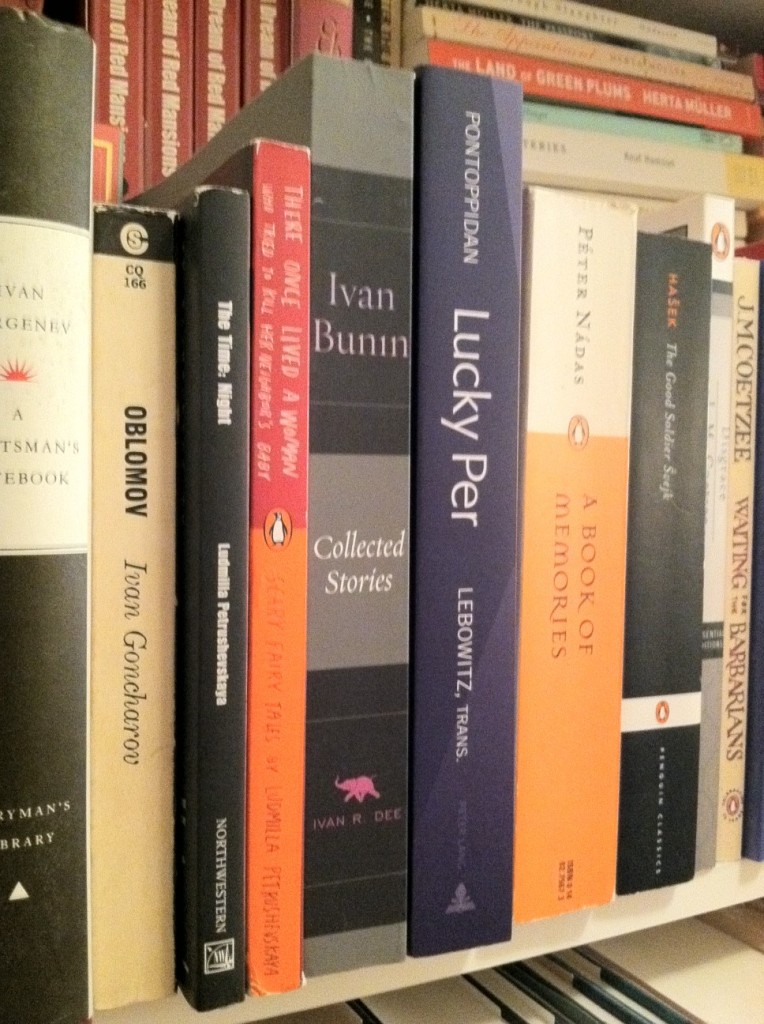I began my previous post, “Transcending Allegory: William Golding’s The Spire (part 1)”, with a quick rundown of the pitfalls of allegory, how it can grab a narrative by its throat, twist it about, and force it to kiss its own rectitude, and how it can make for lifeless characters whose only function is to represent a particular moral principal. Ever since publishing Lord of the Flies William Golding has regularly born the charge of failing to miss the banana peel at the edge of the allegorical pit. I then wrote about how The Spire (1964), his fifth published novel, is read by some as confirmation of this criticism (It is, after all, about building a “spire”, wink wink.), making his career, at least up to that point, a possible subject for an allegory about the “folly of good intentions”. Then I shared my own experience of actually reading it, how I had expected its flaws to skitter over the pages like medieval demons over the doorstep of a lost soul. But after two careful readings, I was unable to make any of the complaints adhere. Instead, I found it magnificent. Which means that if someone where to write an allegory about the virtue of “just appraisal” or “the giving of second chances”, the author might invent a character named “Snotnose, a reader with a blog”, and relate his comedown and subsequent redemption through a reading of Golding’s The Spire.

One of the ways Golding uses, and then transcends, allegory is through his portrayal of his protagonist. Jocelin is dean of a medieval English cathedral for which he believes God has commanded him to construct an impossibly tall spire. Like most who claim this kind of direct connection with God, he comes across as thoroughly glazed, eyes never dropping lower than the mid-distance. Lacking the gravitas of, say, Noah, he is dependent upon his position of authority to counter all challenges to this vision. His most vocal opponent is Roger Mason, his master builder, who recognizes the insanity of pressing onward and upward with the great stone phallus known to all, save Jocelin himself, as “Jocelin’s Folly”. Jocelin traps him with a narcissist’s acumen for detecting the weaknesses of those within his orbit. First, he cuts off the possibility of other, better, work for Roger and his men. Then, more deviously, he allows an affair to bloom between Roger and Goody Pangall, wife of an impotent and crippled verger. “She will keep him here,” he rationalizes. The affair has the double function of allowing him to distance himself from from his own stifling and stifled sexual desire. He treats the liaison, ultimately a lethal one, with a kind of willed blindness, perhaps his most salient attribute. As building progresses, and the menace of disaster looms ever larger, Jocelin proves a virtuoso of the blind eye turned. The cost of building materials, the alienation of his clergy, his spiritual duties to his “flock”, the paganism of the workmen, the mental dissolution of Roger, his own misbegotten position, even a case of human sacrifice in which the victim is walled into the foundation of the cathedral (an event Golding conveys with masterful ambiguity), all of it goes unmarked by the obsessed dean.
Golding uses his creation as would an allegorist, disallowing him that final measure of freedom, to fidget about and exhibit incongruities, that is the hallmark of more lifelike fictional characters. A more flexible and far-ranging novelist, like Patrick White, creates characters who are buffeted by the winds of their own consciousnesses, apparently separate from the author’s, and who experience such vicissitudes of circumstance and event that they can’t help but respond with vicissitudes of their own, emerging as essentially dignified agents, however flawed, of their own lives. By contrast, one never senses that, in the process of writing this book, Golding ever woke up wondering what stunt that crazy Jocelin was going to pull next. Rather, he brings his character into sharp focus solely through the lens of his sin. Pride, the deadliest of the famous seven, is referenced into everything he does, says, or thinks. But the sin itself, and any moralistic stance towards it, is not really Golding’s subject. More, it is the impetus to sin, and in The Spire the impetus is multiform, a miasma of sexual repression, physical disease, narcissistic scaffolding, spiritual fragility. Golding is willing to trade a measure of “realism” for a more concise and dramatically useful embodiment of these complex dynamics. Jocelin is guilty of pride, but is not Pride himself. He is more a figure from Greek myth than medieval allegory.
Mythic though he may be, Golding is too sophisticated a writer to allow a single reading of Jocelin. On the one hand, he is a narcissistic demon, oblivious to the lives he destroys. Golding’s rendering of him as such is subtle. To the criticism, mentioned in the previous post, that Golding has “seriously underwritten” his novel, showing characters and their settings in mere outline, I rejoin that he has, with a remarkably steady hand, drawn his readers into his protagonist’s consciousness. The Spire is what Wayne Booth (The Rhetoric of Fiction) describes as a third-person narrator-agent novel, a third person novel whose central character so influences the action that he functions nearly as a first-person voice. Through the sparsity of the setting, and those outlines and gestures which pass for people, we see the world as Jocelin sees it. That is, we see the attenuation of all that does not immediately come to bare on his God-haunted vision.
On the other hand, Jocelin is the portrait of an artist. He confronts the modern Western reader with one of our culture’s most cherished archetypes: the Visionary. We are gluttons for stories about the artist-hero who, against all odds and opposition, and unlike most of us, remains true to his or her vision, seeing it through to its triumphant completion. (No matter how clear-eyed our world view, there is always a little Ayn Rand lurking behind a polyp in our soul.) While Jocelin brings destruction, not least of all to himself, he is also the agent of creation. His sin may be pride, but his virtue is a kind of simplicity, a singleness of purpose that any true artist must exhibit. Whatever is demonic in him, his faith is genuine, and it is It is not, I think, a spoiler to say that at the end of the novel, having undergone a highly ambivalent redemption in which he is, paradoxically, shorn of this very faith, together with his “vision”, Jocelin dies, but —his spire still stands.
I hope Golding sent at least an expensive bouquet of flowers to whoever talked him out of his original title, An Erection at Barcester, for he would have done his own vision a grave disservice.
